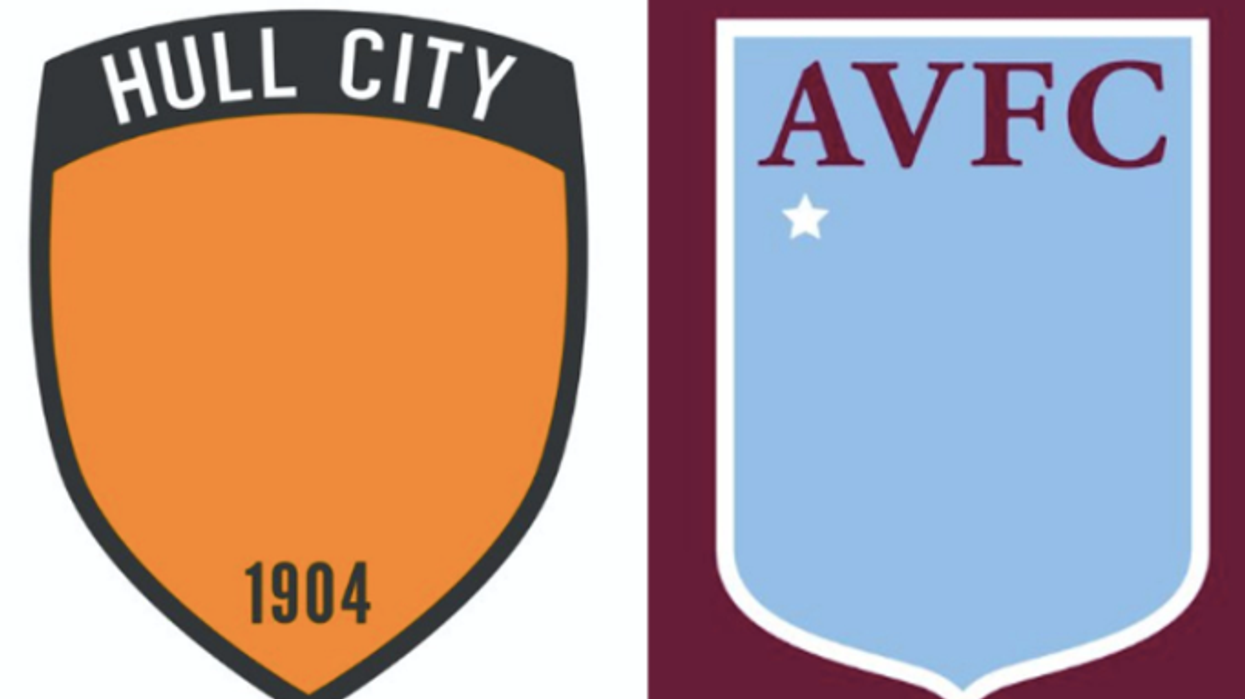
If you’re a football fan on social media today, you may have noticed your team’s badge is looking a little different.
In fact, many crests are looking completely unrecognisable as part of a new initiative, with animals missing from badges.
For some clubs, the animal is essentially the whole badge – Wolverhampton Wanderers, for example, has temporarily changed its badge to completely remove the wolf, and Hull City’s famous tiger is notable by its absence too.
But why are animals missing today? It’s all to do with an UN initiative.
Sign up for our free Indy100 weekly newsletter
Teams are removing creatures from their badges to mark World Wildlife Day, which falls every year on March 3.
The United Nations first launched the day back in 1973, and teams taking part in the initiative are raising awareness about the plight of wildlife across the world.
\u201cHappy World Wildlife Day. The Premier League wouldn't be the same without nature.\u201d— COPA90 (@COPA90) 1677840972
A description on the World Wildlife Day website reads: “March 3 is World Wildlife Day. It is a United Nations International day to celebrate all the world's wild animals and plants and the contribution that they make to our lives and the health of the planet.
“This date was chosen as it is the birthday of CITES, the Convention on International Trade in Endangered Species of Wild Fauna and Flora, signed in 1973. This World Wildlife Day is also a celebration of CITES as it turns 50.”
Wolves were one of the teams to take part, posting a picture of the plain badge without the wolf icon, writing in a post: “We are marking World Wildlife Day by removing the wolf from our crest and highlighting how empty a #WorldWithoutNature would be.”
\u201cWe are marking World Wildlife Day by removing the wolf from our crest and highlighting how empty a #WorldWithoutNature would be. \n\n\ud83d\udcf0\ud83c\udf0d\u201d— Wolves (@Wolves) 1677838434
Aston Villa, West Bromwich Albion and Hull City were amongst the other sides to take part in the initiative.
\u201cAston Villa is once again proud to show support for #WorldWildlifeDay. \n\nA #WorldWithoutNature is incomplete, just like our badge is today. \ud83d\udfe3\u201d— Aston Villa (@Aston Villa) 1677831060
\u201cOur world - like our logo - is empty without nature. \ud83d\udfe0\n\nThis #WorldWildlifeDay, we are joining global brands and sports teams to highlight a #WorldWithoutNature by removing it from our logo.\n\n#hcafc | @WWF\u201d— Hull City (@Hull City) 1677834000
\u201cA world without nature is \ud835\udde1\ud835\udde2 world at all. \ud83c\udf0d\ud83c\udf33\n\nWe're proudly supporting @WWF's #WorldWithoutNature campaign on #WorldWildlifeDay by removing our iconic throstle bird and hawthorn bush from our badge for 24 hours.\n\nFind out more information here. \ud83d\udc47\u201d— West Bromwich Albion (@West Bromwich Albion) 1677830460
The World Wildlife Fund is also supporting the cause by removing its panda from its logo.
Felicity Glennie Holmes, who is the executive director of communications and marketing at WWF International, previously said [via Sky Sports]: “We want to show what a world without nature would look like because, in less than 50 years, human activity has resulted in wildlife populations plummeting by an average of 68 per cent - and with every part of nature that we extinguish, we lose another important link to human and planetary health.”
Have your say in our news democracy. Click the upvote icon at the top of the page to help raise this article through the indy100 rankings.













